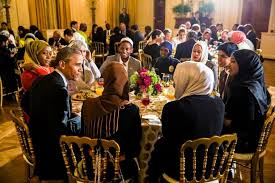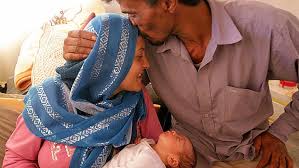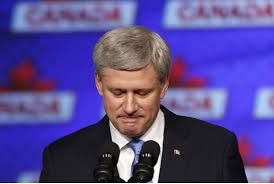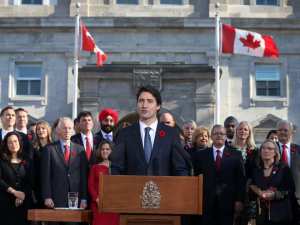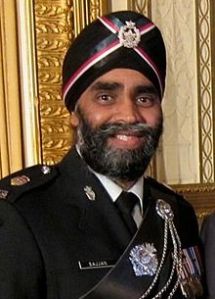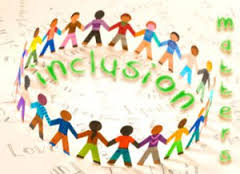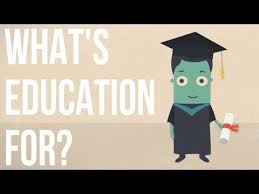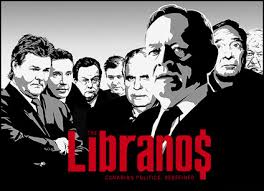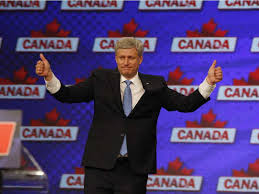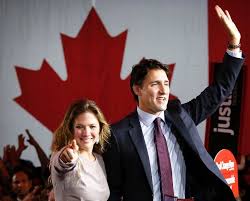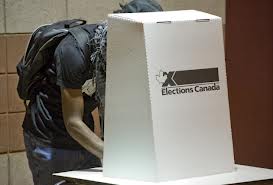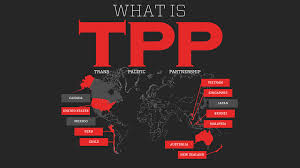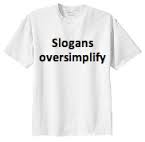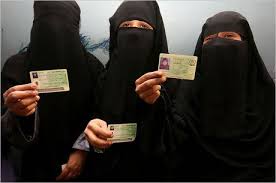My religion is very simple. My religion is kindness.
– Dalai Lama
Where do I begin? I’m trying to find some kind of silver lining amidst the thunderclouds of misery that have come to attend the ongoing conflict in the Middle East. If someone reading this thinks that “Middle East” is somewhat broader than events warrant, let me explain.

While most of our attention is focused on Syria and Iraq as the heartland of the hot war with ISIS/ISIL, the rest of the region languishes amidst a more familiar misery. In Israel and the Occupied Territories, violence and conflict are so ingrained that only the most remarkable of the latest incidents makes the news. Heard anything out of Yemen lately? War continues there. We in the West just haven’t heard much on the regular news feeds. I could go on but I suspect most only need a reminder.

As far as that goes, the “Middle East”, as a term, provides a kind of insulation from the reality of conflict in the area. Turkey isn’t part of the Middle East, nor are Afghanistan, Pakistan, Sudan, Mali, etc., etc., etc. What they all have in common, though, is an ostensible religious component. Some group or other involved in whatever war is happening looks to their version of a god and lays claim to righteous indignation and a calling on the deity’s behalf to right the wrongs around them.
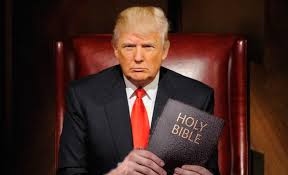
Making this situation even more bizarre is the trumpeted religiosity of so many of the U.S. Republican presidential candidates. I’m hard-pressed to think of an exception among that crew. When Donald Trump – not the first person who springs to my mind when I think of evangelical Christian – lays claim to the bible as his favourite book, I truly feel the world of the Twilight Zone is alive and well and walks among us.

I can only presume that in Trump’s and others’ versions of Christianity, God smiles upon systemic bias, racial profiling, hostile exclusion of the “other” and other, equally “Christian” practices. If I find myself getting especially riled up over these idiocies, I try to find comfort in Orwell’s 1984. In his description of Doublethink, the ability to hold two entirely contradictory claims as true, the author captured the essence of a human characteristic that has, no doubt, persisted throughout history. It just seems that doublethink is becoming increasingly mainstream, especially when candidates for the world’s most powerful office seem intent on becoming leading practitioners.

But as I said when I started, I’m trying to find the silver lining amidst all this because it is, I admit, depressing when I think about it for too long. As might be expected, hope and comfort can be found amidst the details. None struck me as powerfully as the story of the congregation of a Peterborough synagogue that offered its space as a place for worship for those Muslims whose mosque had been the target of arsonists.
To be up front here, I long ago ceased to identify with any religious group although my heritage is Roman Catholic and I remain deeply interested in the church and its goings-on. As a general principle, though, I have found it increasingly difficult to ascribe to any particular dogma. I consider myself a person of faith even as I make no claim to being able to define just what that faith is. The best I have to offer is an affirmation of the purposefulness of life, the goodness of existence and awe in the face of it all.

When it comes to manifestations of that faith, I see it in such things as the actions of the Peterborough synagogue. If the news is to be believed, a great many who would claim to be followers of a deity of compassion and of love would be outraged as such action. Reconciliation, kindness, generosity – whatever you want to call it – these have no place in the claustrophobic religious practices of fundamentalist Christianity, Islam, Buddhism or any other fanatical expression of religious intent.
A great deal of time and ink has been spent trying to argue that the extremists who claim affiliation with any major religion are perverting that religion. While that might have a pleasant, comforting aspect, I think it misses the point. Just what any religion is “meant to be” is far from clear. To use the one that most of us around here are familiar with, Christianity, how many different versions of that can you name? I find out about new manifestations regularly and, no doubt, I will continue to do so.

To hear it on the news, you would think that Christianity and Islam and other faiths have some fixed “good” that all the proper Christians, Muslims, Buddhists, etc., ascribe to. History of any age can point to any number of atrocities committed in the name of religion and, like it or not, they are the tangible actions of a particular understanding of that religion. Heretics being burned at the stake during the Inquisition wasn’t an aberration; it was the “right” thing to do.
Human decency is not derived from religion; it precedes it.
– Christopher Hitchens
So when I look to the generosity of the synagogue congregation toward their Muslim neighbours, I don’t ascribe to the interpretation that this indicates “true religion” at its best. I prefer to believe that there lives in all of us, oftentimes awakened as a result of our religious experiences, a fundamental human decency that gets lost, quite often, amidst the noise of conflicting passions and beliefs. Fear, in particular, can corrode an otherwise kindly heart.
The world we see in the news can often appear a dark and dreary affair indeed. The silver lining, most often, is found in the small actions taken close to home, wherever “home” might come to be (I’m thinking of all those refugees hoping to find a new one in places they had never expected to be). Hope is never a futile thing: just don’t expect to find it very often in a headline.

